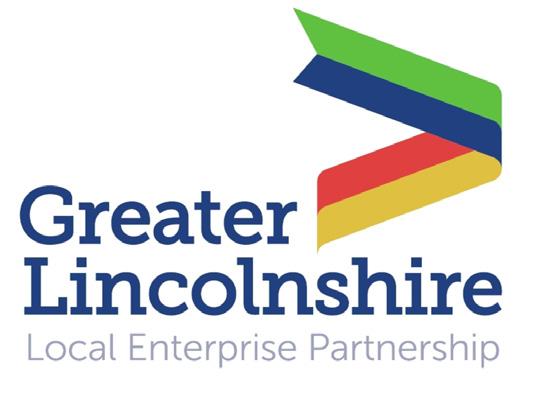
4 minute read
THE GREATER LINCOLNSHIRE LEP FOCUSES ON INNOVATION
from C&I 29.05
This year the Greater Lincolnshire Local Enterprise Partnership has continued to attract innovation, skills and high-value companies to the area, writes Chief Executive Ruth Carver.
Despite ongoing national and global challenges, we are confident in the strength of our game-changing sectors (UK Food Valley, Humber Freeport, defence and security, and green energy) to help build a stronger economy for Greater Lincolnshire and overcome universal issues such as climate change.
Directors
It was announced in March that Professor Neal Juster, Vice Chancellor of the University of Lincoln, had been chosen to lead the Greater Lincolnshire LEP as its new Chair.
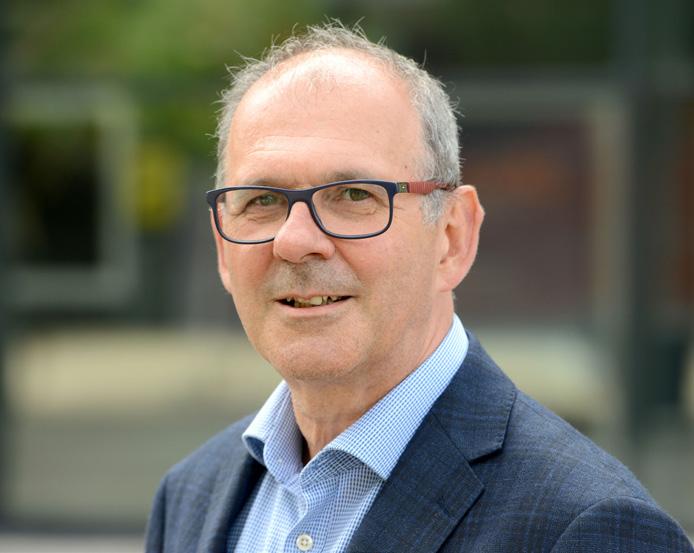
He has replaced Pat Doody, who stepped down after serving three years as Chair and eight years as a board director.
Neal Juster has a deep knowledge of the engineering sector which will be an advantage as we promote and strengthen the manufacturing and engineering heritage of Greater Lincolnshire.
Four new non-executive directors have also joined the LEP Board, drawn from the private sector and third sector:
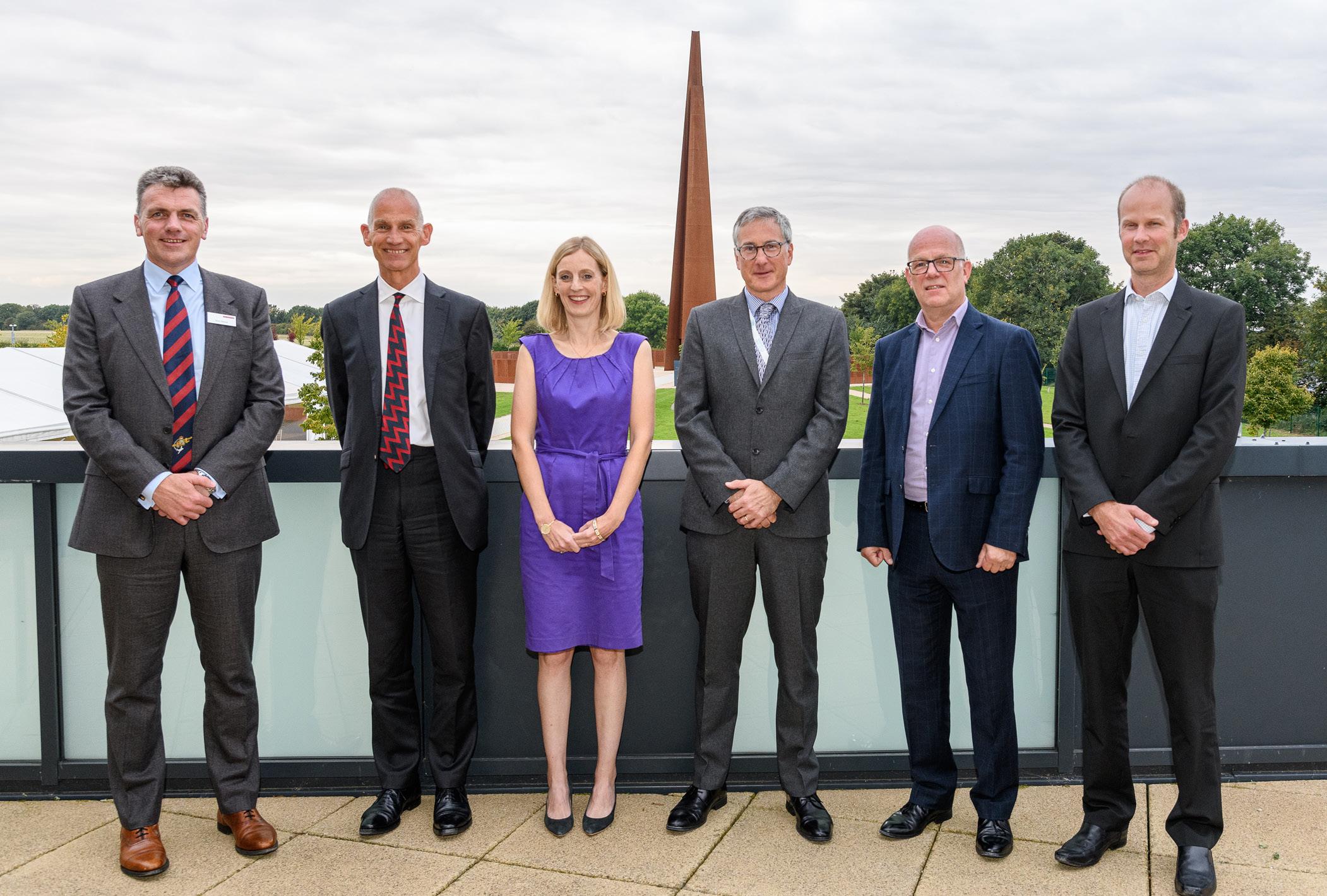
Liam Scully, CEO of Lincoln City FC
Shaun Povey, Head of Strategic Planning & Projects at Siemens Energy
Nikki Cooke, CEO of Lives
Mark Webb, CEO of E-Factor
Uk Food Valley
Since its launch in 2021, the UK Food Valley has been supporting the growth of the food industry and promoting major investments in production, skills, innovation, low carbon and technology.
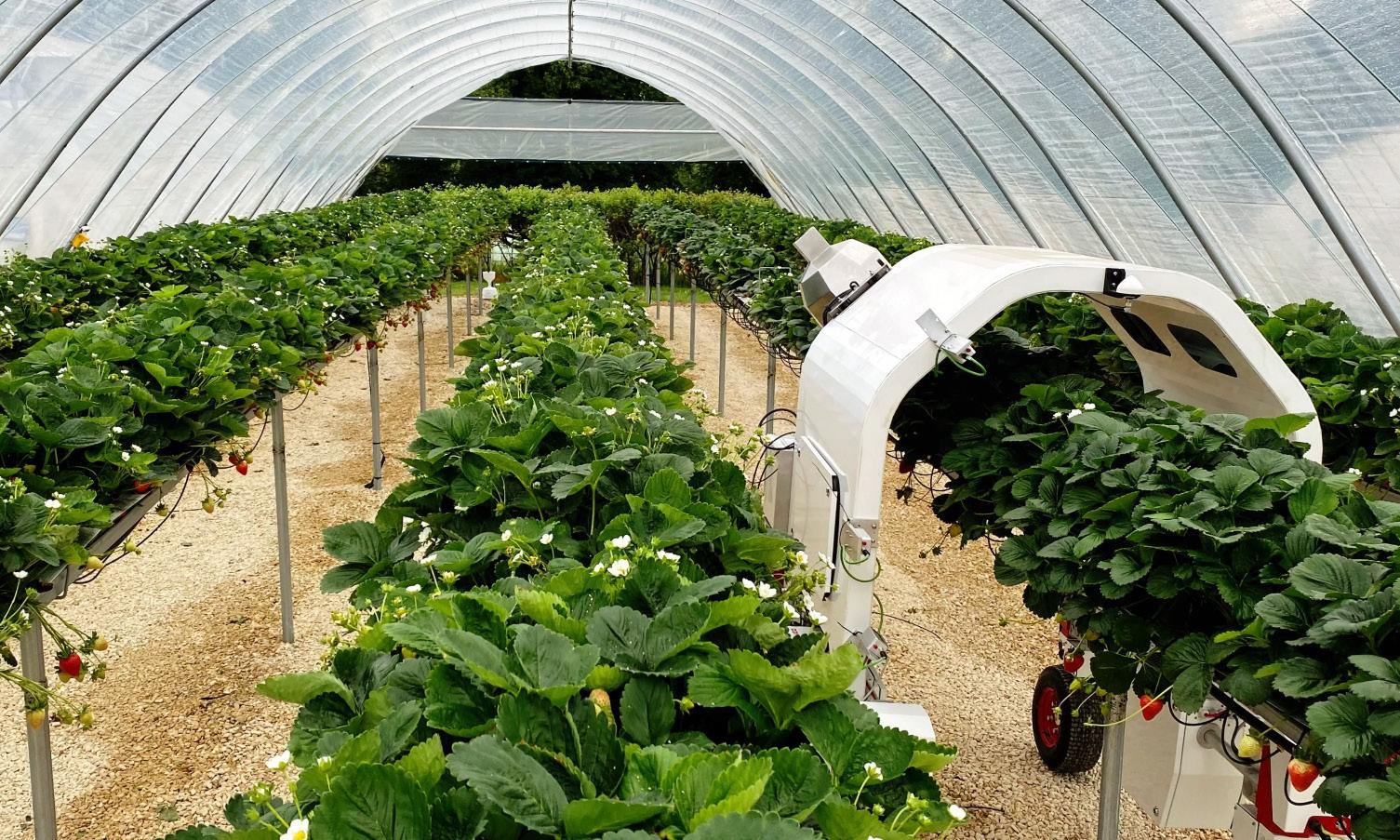
The launch of the South Lincolnshire Food Enterprise Zone (FEZ) in September 2022 was a big step forward for the future of food production and represents over £16m investment to support Greater Lincolnshire’s agri-food sector.
We have also secured over £100m of new partnership R&D projects with the food and farming industry, involving 200 partners working on over 110 innovation projects.
It was announced last autumn that the UK Food Valley has committed to promoting the cluster north of Lincoln as the Agricultural Growth Zone (AG Zone) and work continues on this.
Skills Bootcamp
In September 2022 we were awarded £820,000 to fund the delivery of news Skills Bootcamps on behalf of the Department of Education, as part of Wave 3 of the scheme.
Skills Bootcamps are free, flexible courses of up to 16 weeks which give participants the opportunity to build up sector-specific skills, helping them to get a new job, or to progress within their current job.
A variety of courses were available during Wave 3 across multiple sectors including food and drink, transport and healthcare.
In March it was announced that the Greater Lincolnshire LEP will receive a further £2m in funding as part of Wave 4 of the scheme and we are developing a new wave of Skills Bootcamps in partnership with Lincolnshire County Council.
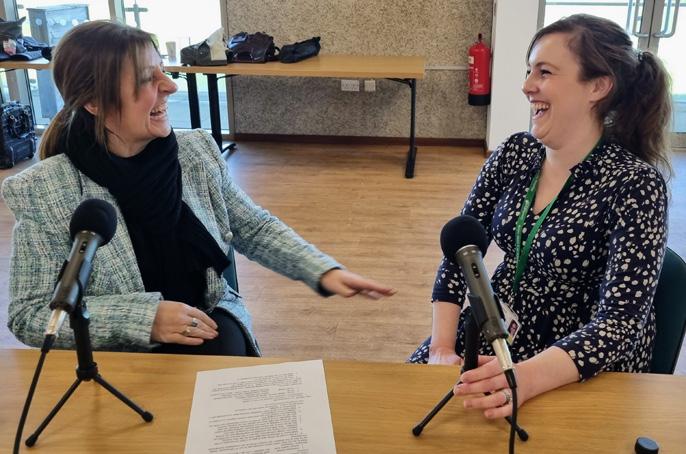
Green Energy
Climate change has become a global issue and the UK government has set the UK a target to reach net zero emissions by 2050. Positioned geographically and strategically as we are, clean energy is a big opportunity for Greater Lincolnshire.
The low carbon and energy economy is worth £1.2bn in Greater Lincolnshire and has a lot of potential. With a private investment level of £60bn over the next fifteen years, major opportunities exist in offshore wind alongside decarbonisation and hydrogen and carbon storage projects.
The Humber is the UK’s Energy Estuary, home to two of the UK’s six oil refineries and the second largest chemicals cluster, and it is also leading the way in emerging green technologies that will power the future.
Over the last few months we have welcomed seven new members to the Energy Council and we have now begun to develop a programme of work which will support the energy ambitions of our region.
Humber Freeport
In March 2023 the Humber Freeport received government approval, allowing it to progress its ambitious vision resulting in the creation of up to 7,500 jobs and over £4bn of private investment.
This announcement is the result of a substantial amount of hard work and commitment from all our partner organisations and companies, and we are very proud that our clean energy cluster now boasts:
• innovative energy-to-waste plants
• over 20 operational onshore wind farms
• the country’s pre-eminent centres for offshore wind turbine blade manufacture, assembly and installation
• a leading global hub for offshore wind O&M at the Port of Grimsby
• various investments in hydrogen and other renewables
This development will have a significantly positive impact on the region with the creation of new jobs, the further development of the industrial supply chain and the recognition that the Humber’s assets are of huge value to the UK.
This year the LEP has been working to create a nationally recognised cluster of innovationfocused companies in the defence and security sector.
There are more than 80 companies locally already operating directly in this sector, employing 10,000 to 12,000 people.
After the launch of the Defence and Security Board last year, we have now also successfully launched the Greater Lincolnshire Defence and Security Network. We have a realistic ambition to grow this to a scale that we can bid to the Ministry of Defence (MOD) and the Defence and Security Accelerator (DASA).
Our aim this year is to attract new businesses to Lincolnshire, formally establish a cluster with MOD and attend DSEI, an internationally important event.
Defence Podcasts
This year we are proud to have launched the Greater Lincolnshire LEP podcast series to bring you news and views across our economic priorities for Greater Lincolnshire and Rutland.
So far there have been two episodes focusing on the next generation of leaders in the food sector and the importance of school careers teams collaborating with local businesses. We are excited to continue this series discussing important topics in a variety of sectors, and the next podcast will focus on defence and security.











